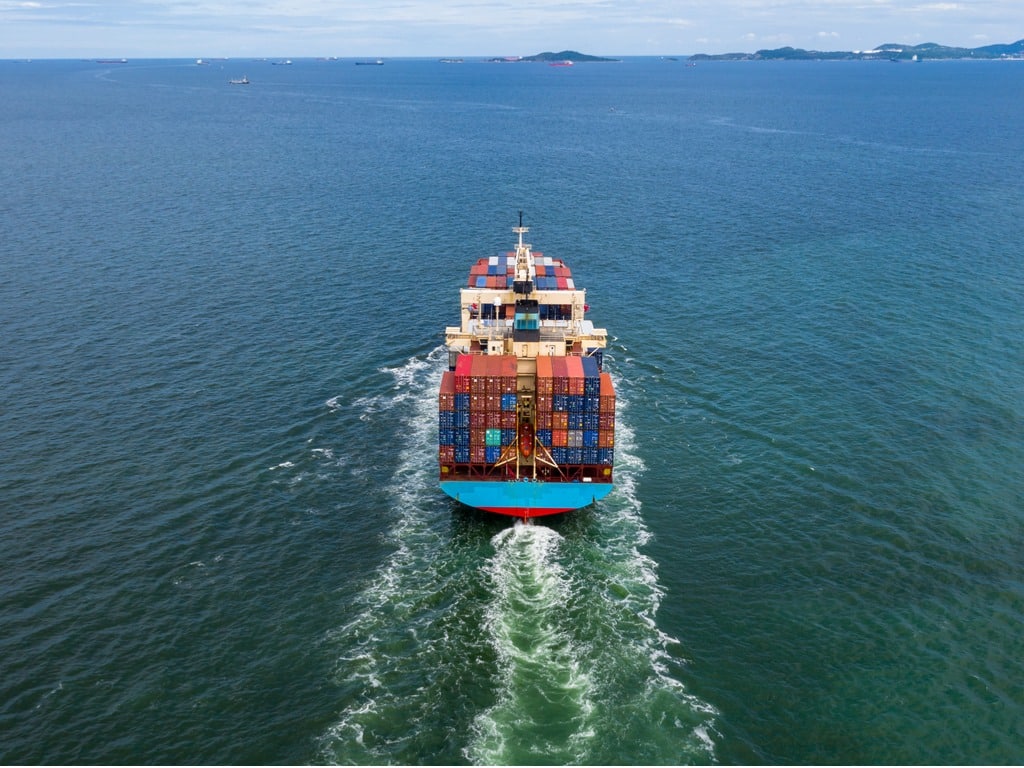In May, Russian national Kirill Kompaniets, Chief Engineer of a commercial bulk carrier vessel, “pleaded guilty to dumping waste in U.S. waters and then attempting to cover up the misconduct,” prior WNN reporting states. On August 31, Kompaniets was sentenced by Judge Nannette Jolivette Brown “to serve a year and a day in prison, pay a $5,000 fine and $200 special assessment and serve six months of supervised release,” according to a U.S. Department of Justice (DOJ) press release. A crew member first reported the illegal dumping to the U.S. Coast Guard.
Kompaniets was sentenced “for deliberately discharging approximately 10,000 gallons of oil-contaminated bilge water overboard in U.S. waters off the coast of New Orleans last year, and for obstructing justice,” the press release states.
After “repair operations to correct a problem with the discharge of clean ballast water resulted in engine room flooding” and the subsequent controlling of the leak, “Chief Engineer Kompaniets and a subordinate engineer dumped the oily bilge water overboard while the ship was at an anchorage near the Southwest Passage off the Louisiana coast.” The DOJ states that “the ship’s required pollution prevention devices — an oily-water separator and oil content monitor — were not used, and the discharge was not recorded in the Oil Record Book, a required ship log.”
In addition, Kompaniets was “charged with obstruction of justice based on various efforts to conceal the illegal discharge.” He made a joint factual statement in which he admitted to six “acts of obstruction of justice,” including trying to cover up the illegal discharge and “holding meetings with subordinate crew members and directing them to make false statements to the Coast Guard.”
Kompaniets also admitted to “preparing a retaliatory document accusing the whistleblower of poor performance as part of an effort to discredit him.”
According to previous WNN reporting, Kompaniets “was charged with the illegal discharge in violation of the Act to Prevent Pollution from Ships,” or APPS. APPS implemented Annex VI of the MARPOL treaty, or the “main international treaty addressing air pollution prevention requirements from ships.” The U.S. passed APPS in 1980, and the law applies to both U.S. commercial vessels and “non-U.S. commercial vessels operating in U.S. waters or ports of U.S. jurisdiction,” according to the National Whistleblower Center (NWC). According to NWC, “[t]he U.S. is the number one enforcer of MARPOL in the world because of the whistleblower provision included in APPS.” Additionally, “[w]histleblowers do not need to be U.S. citizens to receive a reward,” NWC states.
The press release states that “[t]he investigation is continuing.”
Read news about Kompaniets’ pleading guilty on WNN.
